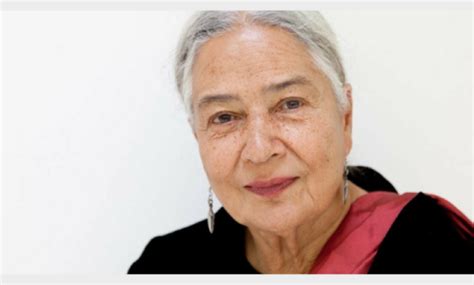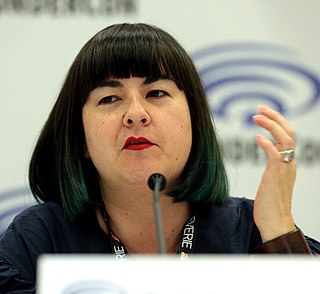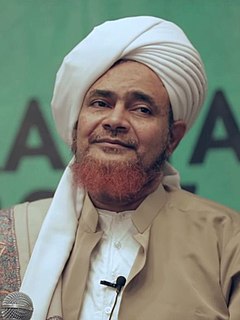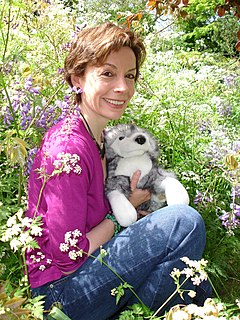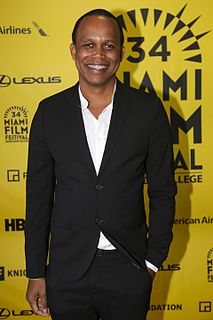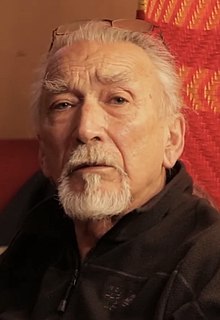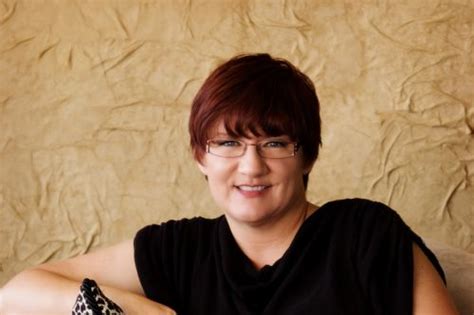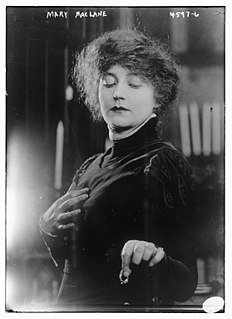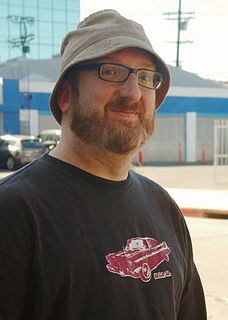Top 1200 Story Writing Quotes & Sayings - Page 6
Explore popular Story Writing quotes.
Last updated on October 16, 2024.
But I think writing should be a bit of a struggle. We're not writing things that are going to change the world in big ways. We're writing things that might make people think about people a little bit, but we're not that important. I think a lot of writers think we are incredibly important. I don't feel like that about my fiction. I feel like it's quite a selfish thing at heart. I want to tell a story. I want someone to listen to me. And I love that, but I don't think I deserve the moon on a stick because I do that.
There's a certain amount of pressure that goes with writing superhero characters, especially characters that are beloved to audiences. You know that you're always writing into a certain amount of expectations and into an existing fandom, and I try to take the pressure of that in when I first accept a project and then I try to push it aside as much as possible and just focus on the story that I want to tell. It's definitely a little more pressure than writing something of your own, from your own brain, and creating those expectations from scratch. But I also like the challenge of it.
Kids, if anything, are harder to write for because they are a more discerning audience. They will not stay with you if you go off on a tangent or if you give them extraneous information that doesn't serve the story. You really have to tell a tight story. You have to give them humor and suspense and believable characters. All those things that adults want too, but you have to be really on your game when you're writing for kids.
Music is, by far, the best art. Nothing even comes close. It's so immediate and emotional. In writing, maybe ninety percent of it is the unconscious and ten percent is control. In music, I think it's probably more like ninety-nine percent the unconscious. It's just a beautiful thing happening through you. And so, too, is writing a great story.
The one thing that's missing from the 9/11 Memorial & Museum, and I don't imagine we'll see it any time soon, is that there's no memorial to the hundreds of thousands of Iraqis who died because of how the memory of 9/11 was used. Memory is a very interesting thing. We very selectively curate our story and then stop when it begins to tell other people's stories and forces us to accept some kind of culpability. One reason I write is that there's not enough Muslims writing, Pakistanis writing, not enough people of faith writing about the complexities of our experiences.
I was a lot dumber when I was writing the novel. I felt like worse of a writer because I wrote many of the short stories in one sitting or over maybe three days, and they didn't change that much. There weren't many, many drafts. That made me feel semi-brilliant and part of a magical process. Writing the novel wasn't like that. I would come home every day from my office and say, "Well, I still really like the story, I just wish it was better written." At that point, I didn't realize I was writing a first draft. And the first draft was the hardest part.
I get hundreds of emails daily and a lot of feedback from people that are reading or have read my books. When I'm writing, or in my daily life, I just think of the work. I love to tell a story, but I might work with a story to make it the best I can without thinking of how many people will read it or if it will influence anybody.
My greatest strength as a writer is that I'm a storyteller. But, it was a long, hard struggle for me to make the transition from verbally telling stories to writing them. You'll note I don't dwell on descriptions in my writing, because I'm far more interested in telling the story. There are many better writers in this world, but you'd be hard pressed to find anyone more passionate about stories than I am.
Take the story of Cain and Abel. Why were we given that story? Scientifically, you may have an explanation for it, but I'm not approaching it from the scientific point of view. I'm saying: Why do we need that? It's a sordid story, a depressing story, a dark story. Why should I believe that I'm a descendant of either Cain or Abel? Thank God there is a third son! [Genesis 4:25]
Woodworking requires a completely different kind of thinking and problem-solving ability than writing. With writing, you take a set of facts and ideas, and you reason your way forward to a story that pulls them together. With woodworking, you start with an end product in mind, and reason your way backward to the raw wood.
Now the truth is, writing is a great way to deal with a lot of difficult emotional issues. It can be very therapeutic, but that's best done in your journal, or on your blog if you're an exhibitionist. Trying to put a bunch of *specific* stuff from your personal life into your story usually just isn't appropriate unless you're writing a memoir or a personal essay or something of the sort.
That's one thing brands are understanding is, I'm the blogger who's not writing about fashion. I'm not writing about beauty. I'm not writing about gossip. I'm not writing about politics. I'm writing about all of that. I'm the person they can come to if they just want to reach people who care and have their fingers on pop culture.
For me, writing is a job. I do not separate the work from the act of writing like two things that have nothing to do with each other. I arrange words one after another, or one in front of another, to tell a story, to say something that I consider important or useful, or at least important or useful to me. It is nothing more than this.
This fear is one of the horrors of an author's life. Where does work come from? What chance, what small episode will start the chain of creation? I once wrote a story about a writer who could not write anymore, and my friend Tennessee Williams said, 'How could you dare write that story, it's the most frightening work I have ever read.' I was pretty well sunk while I was writing it.
The thing to remember when you're writing," he said, " is, it's not whether or not what you put on paper is true. It's whether it wakes a truth in your reader. I don't care what literary device you might use, or belief systems you tap into--if you can make a story true for the reader, if you can give them a glimpse into another way of seeing the world, or another way that they can cope with their problems, then that story is a succes.

